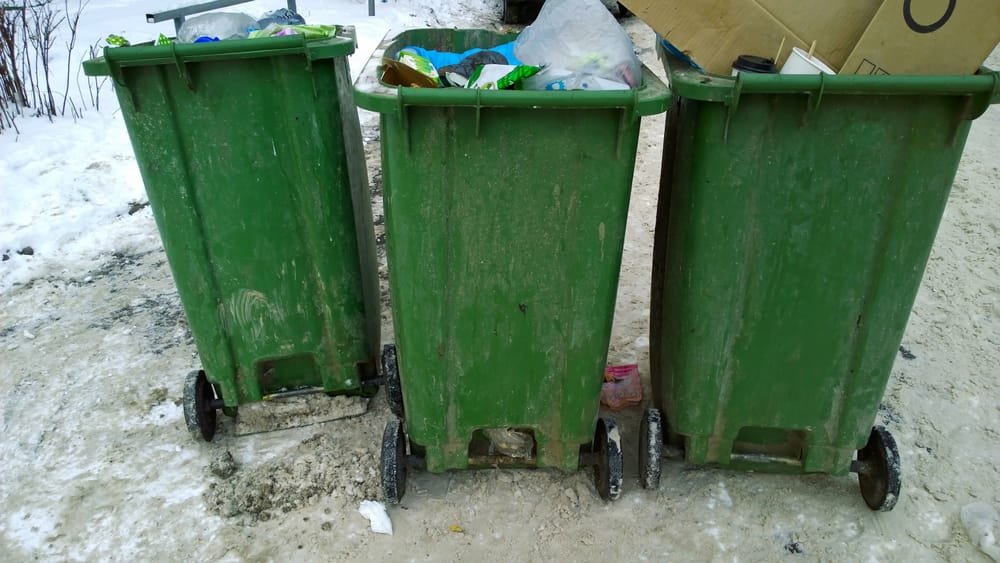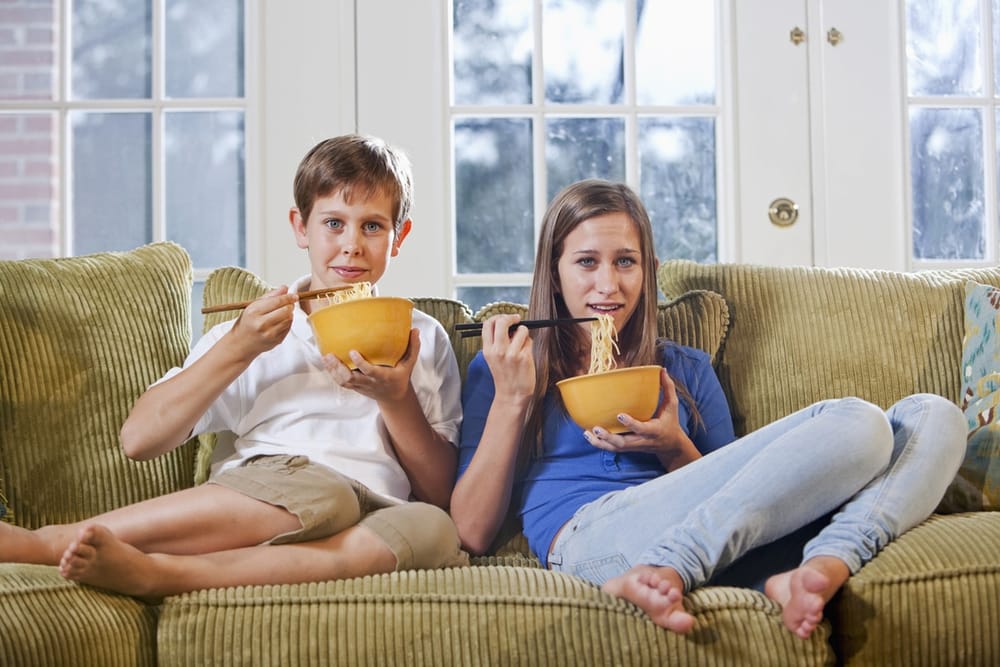Biography
Jo specialises in the sociology of families, consumption and the environment. Over-consumption in families and communities is a central theme of her research. She researches food and healthy eating in families and the management of alcohol consumption by young people and domestic water use as part of the CRC for Water Sensitive Cities.






